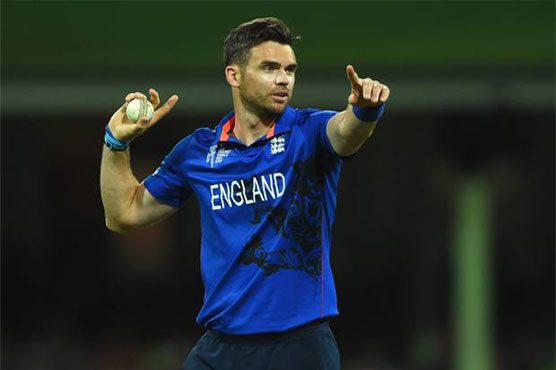WC 2015: England's one-day faults exposed

In five editions from 1975 to 1992, they appeared in three finals and were twice semi-finalists.
SYDNEY (AFP) - England great Ian Botham, after seeing New Zealand thrash Eoin Morgan s men by eight wickets in their World Cup pool clash at Wellington, was clear.
"In nearly 40 years of playing for and watching England in one-day cricket, I have not seen a worse performance," the legendary all-rounder wrote in his Daily Mirror column.
But while the scale of the loss may have been extreme -- England bowled out for 123 and New Zealand chasing down the runs in a mere 12.2 overs, with Black Caps skipper Brendon McCullum smashing a World Cup record 18-ball fifty -- no one could say the result was a shock.
After all, England lost their Pool A opener by 111 runs to Australia, New Zealand s fellow co-hosts.
It is now almost a year since England won a one-day international series, they ve been bowled out in 13 of their last 19 ODIs -- managing 300 just once in that period -- and won only five of their last 19.
Friday s defeat was sparked by New Zealand seamer Tim Southee with a superb haul of seven for 33.
Well though he bowled, Southee s tactics were hardly revolutionary, even if McCullum s aggressive captaincy was cutting-edge.
Southee s plan of a sharp bouncer followed by a yorker -- a delivery which England seem strangely reluctant to bowl -- that did for Moeen Ali, would have been familiar to the late Fred Trueman.
Even though it pioneered the staging of one-day and Twenty20 games on a professional basis, there has long been a snobbery about limited overs cricket in England.
Yet there need not be a contradiction between Test and one-day success -- Australia had plenty of both while winning three consecutive World Cups from 1999-2007.
England, although they are the only major nation not to have lifted the trophy, used to be pretty competitive at the World Cup.
In five editions from 1975 to 1992, they appeared in three finals and were twice semi-finalists.
Since then England s best finish is a couple of appearances in the quarter-finals.
So what changed?
Well, England have been trying to play catch-up in one-day cricket ever since being on the receiving end of opener Sanath Jayasuriya s 82 off 67 balls in a quarter-final loss to Sri Lanka at the 1996 World Cup.
The 1990s and early 2000s also saw England well-beaten in several successive Ashes series by Australia.
That led to a renewed focus by officials on Test cricket with the impression given that ODIs were little more than a money-spinning necessary evil .
But with four teams from each of the two groups of seven qualifying for the quarter-finals, England could still make it into the knockout phase of this World Cup despite their two initial mammoth defeats.
Nevertheless, there is a sense that, especially when it comes to their batting, England are playing analogue cricket in a digital age with the hard-hitting Alex Hales, the kind of batsman who features in most leading one-day teams, currently left out of their XI.
Next up for England are non-Test neighbours Scotland.
The Scots backroom staff features former England all-rounder Paul Collingwood, who led England to their lone major white-ball title when they won the 2010 World Twenty20 in the Caribbean.
"You can make a change here and there but it s almost as if the damage has been done," Collingwood told the ICC website on Saturday.
"England has got the most powerful batting line-up we ve ever had if we pick players like Ravi Bopara and Alex Hales up the top.
"The one-day game is going that way and it s almost like we don t want to take risks.

